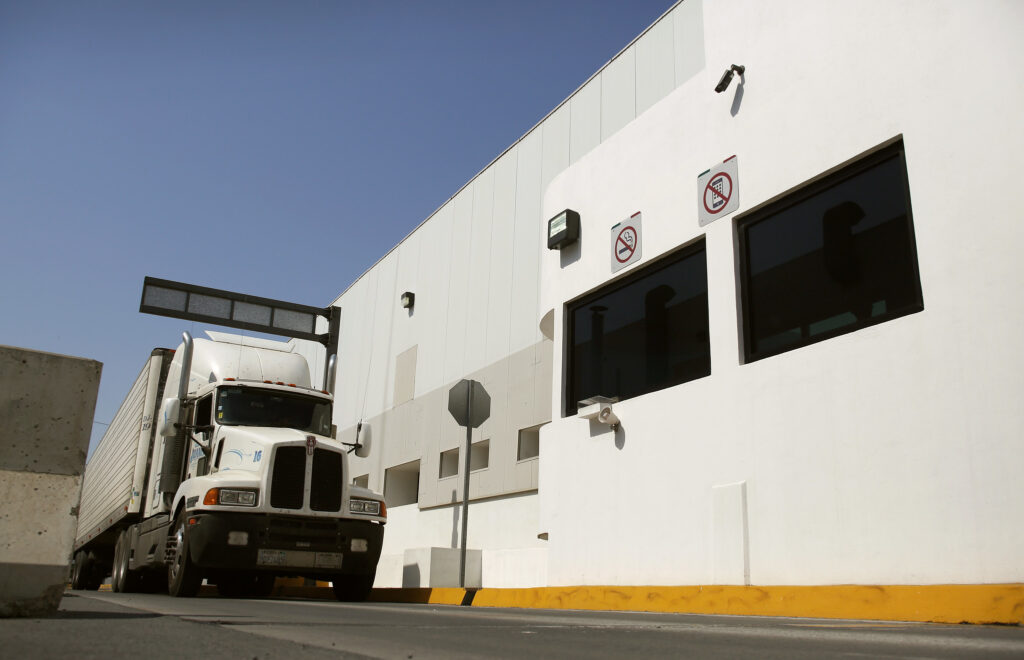
After a contentious political debate over the impact of the NAFTA trade agreement, a new trade agreement has arrived. Some dub this agreement as merely “NAFTA 2.0” while others argue that it will be a new era in trade.
At the end of January 2020, the United States-Mexico-Canada Agreement (USMCA) was signed as NAFTA’s replacement. And it may mean more trucks moving across the border of the US.
According to Chris Spear, American Trucking Association CEO and President, the signing “…is the beginning of the next phase in our strong and productive relationship with Mexico and Canada”.
Spear continued, “ATA and our members are proud to have been engaged throughout the process, attending the ministerial conferences and working with the administration and our trucking partners in Canada and Mexico to shape this final outcome.”
Let’s take an in-depth look at what the USMCA is and why it is supposed to make the economy stronger.
What is the USMCA?
In 2017, the North American Free Trade Agreement (NAFTA) began renegotiation among the United States,Canada, and Mexico. After almost a year of negotiations, the three countries opted to alter NAFTA, and as a result the USMCA was formed.
A brief overview of what the nations hope will come from the agreement:
- Increased working regulations
- Increased automobile tariffs
- Decreased agricultural tariffs
- Establishes a quota of Canadian and Mexican automobile production
- Intellectual Property protections updated
- Makes Canadian cattle market more accessible to the US
- Canadians can now buy up to $150 worth of goods from America online without having to pay taxes on it
According to the US International Trade Commission, the agreement is also supposed to increase the amount of products or services produced in the United States. Due to this, the Gross Domestic Product, or GDP, is projected to go up by $68 billion. But of course, GDP doesn’t always tell the story about how real truckers and working people live in America.
How Does the USMCA Affect Truckers?
Since the amount of products is set to increase, more hauls will be required to move the cargo from place to place. Based on a statement from Bob Costello, ATA Chief Economist,“Trucks move 70% of all freight in the U.S.”
If there’s an increase in trade, it’s possible that 70% of that business goes to the trucking industry.
Costello, also ATA Senior Vice President of International Trade Policy and Cross-Border Operations,went on to say that “76% of the freight that moves between the U.S.and our closest neighbors”.
To put this into perspective, if there are 100 shipments of freight, then 70 of them are on trucks. And of the 70 hauls, roughly 53 of them are currently going to or from Mexico or Canada.
With the new USMCA, the number of shipments needing to be imported or exported from our neighboring countries is projected to increase substantially. As a result, truckers should anticipate hauling more cargo across both borders in the years to come.
Hopefully, this increased demand will result in higher wages for truck drivers and more opportunities for drivers who prefer routes to our north or south.
